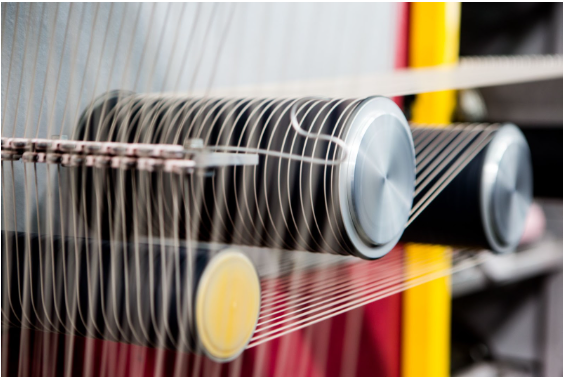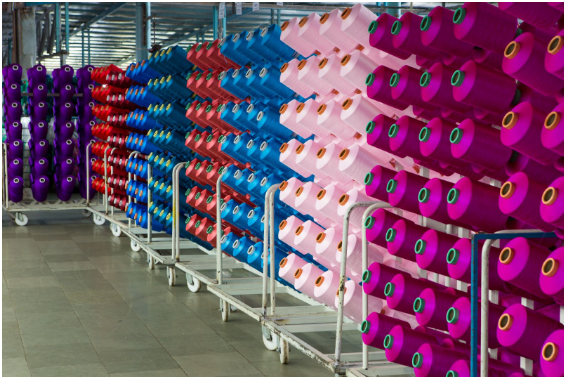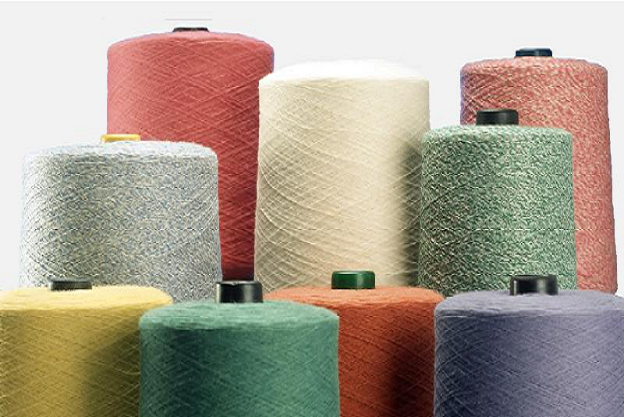The textile industry is under increasing pressure to discover sustainable replacements for conventional materials as the world grows more ecologically aware. In order to build a more sustainable future, the polyester yarn sector is continually looking for new trends and developments. Apart from the sustainable factors, new trends and innovations are also underway in the polyester yarn industry.
Sustainable Yarns
The textile business is one of the biggest polluters of the environment, second only to the oil industry. As a result, there is an urgent need for textile companies to change the way they manufacture and produce their products. Companies all over the world are creating new fibres and yarns as creative responses to the demand for more sustainable systems. Circular fashion and closed-loop systems are two significant sustainability strategies that are being demonstrated by numerous businesses.
The Emergence of Microfibres
The technology used to manufacture polyester has undergone significant modifications over time, and new methods have made it challenging to distinguish between synthetic and natural fibres. One of the crucial stages of this transformation was the creation of microfibres, which were made feasible by technological advancements that allowed the material to be extruded into fine multifilament threads. This enhanced the appearance and performance of the fibres and the cloth. This change simplifies incorporating high-tech polyester fibres into activewear while maintaining high performance. Furthermore, it was believed that polyester microfibres were the most excellent material for creating fabrics that resembled silk.
Incorporation of the Recycling Process
The development of the recycling method was another significant change in the production of polyester fibres. Polyester is recycled by gathering discarded polyester products, disassembling them into their core elements, and utilising these parts to create new polyester fibres. In addition to decreasing waste generation, this method also conserves natural resources by removing the need to produce virgin polyester.
Recycled polyester or rPET fibres have given apparel producers an inventive and more sustainable supply of materials that would otherwise end up in landfills. PET, or transparent plastic water bottles, were used as the raw material for developing rPET fibres. For instance, recycled polyester is widely utilised to create fabrics like fleece, which are chosen by outdoor clothing companies concerned with their environmental impact.
Also Read : Benefits of Polyester Yarn
Recycling must be incorporated into the polyester sector, which necessitates a move to a circular economy where products are made with recycling in mind. The polyester sector must transition to a circular model of production and consumption, make investments in technology and infrastructure, and design goods that are recyclable. The polyester sector can help create a cleaner, more sustainable future for everyone by embracing recycling.
AYM Syntex is a major player in the manufacturing of various types of polyester yarns, including PET. We pioneer in spinning, texturising, draw twisting and dyeing of polyester and nylon yarns for our customers across a spectrum of industries. Our sustainable measures are in place throughout our production process to ensure that our PET and other yarns meet the required specifications. Reach out to us for high-quality polyester yarns. High Tenacity Polyester/Nylon Yarns and Virgin, Recycled and Dope Dyed Yarns.




